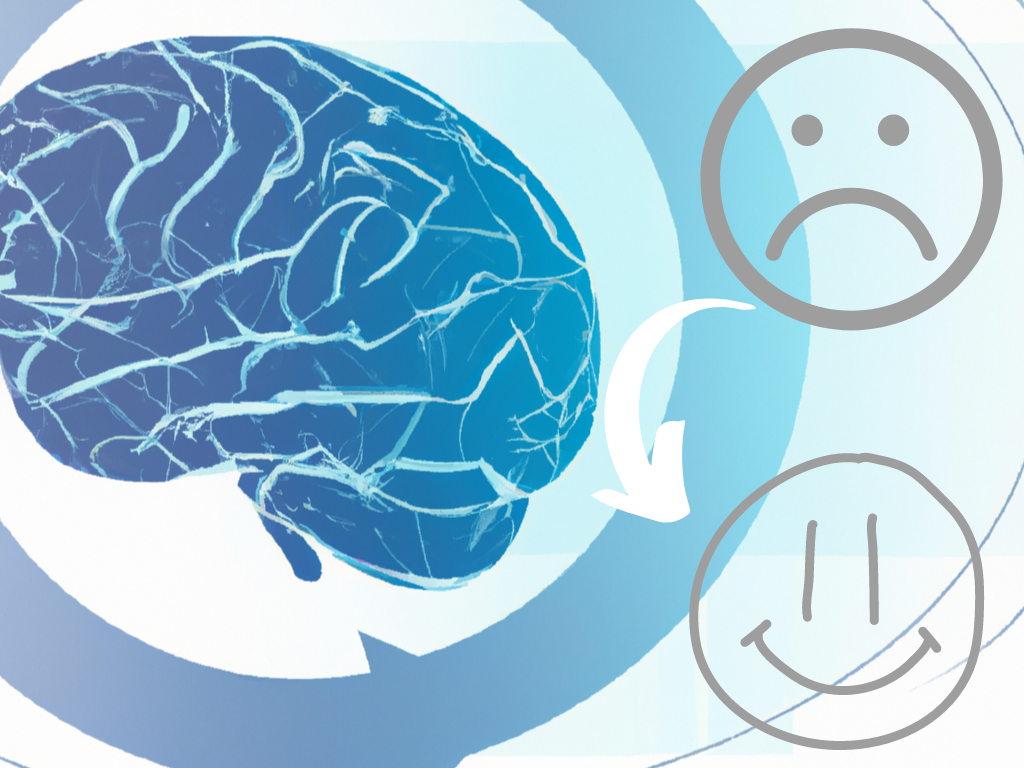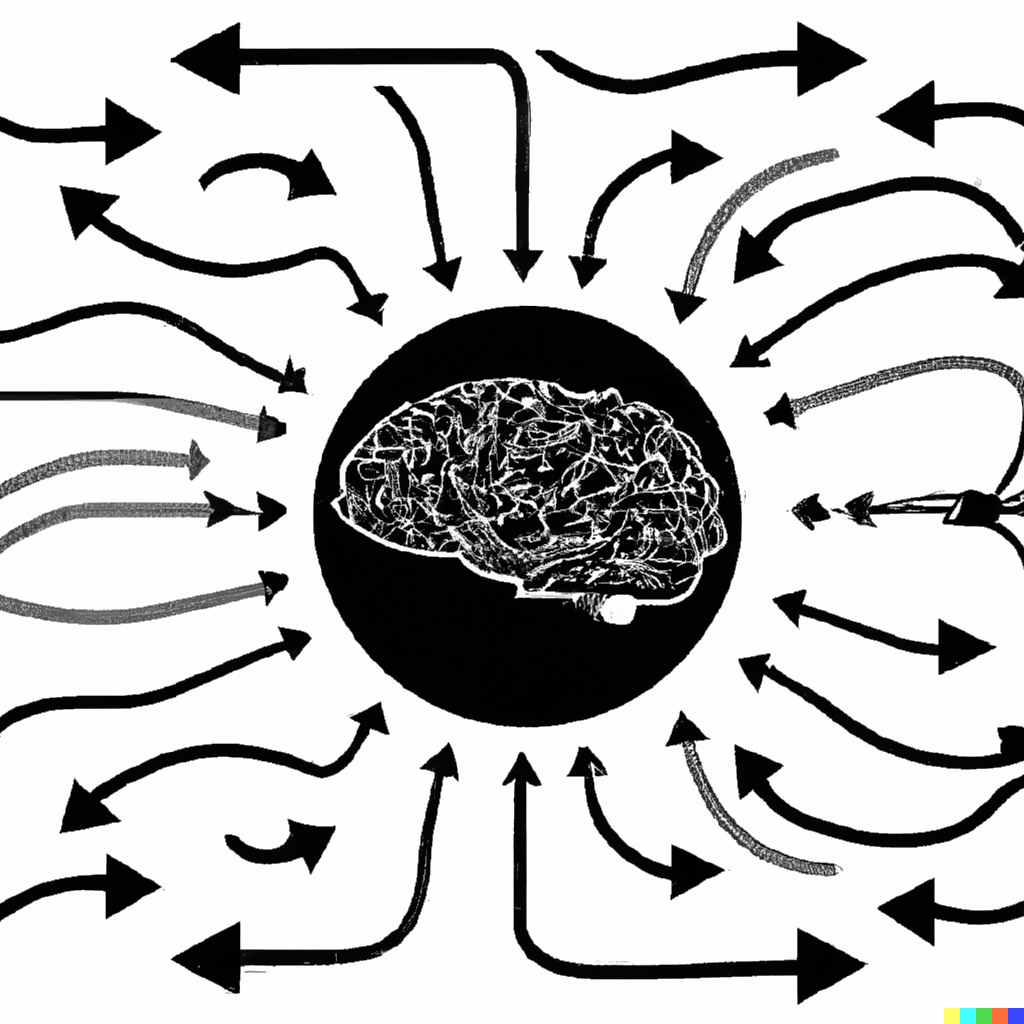
Why Phenylalanine Matters: From Nutrition to Medical Treatment

Understanding the Potential Risks of Phenylalanine
From Our Author

Vladislav Angelov
After more than 15 years as a professional athlete and 10 years in the fitness and health industry, I decided to help as many people as possible to lose weight in a sustainable way, improve their mental and physical health, and adopt a "no-excuses" attitude to their life so they can reach their fullest potential. As a certified personal trainer, I have dedicated my life to guiding individuals on their journey to better health and overall well-being. Throughout my career, I have worked with people from all walks of life, including professional athletes, busy professionals, and stay-at-home parents. My approach is rooted in personalized, science-based training programs and nutrition plans and the cultivation of a No-Excusess mindset to achieve lasting results. By sharing my knowledge and experiences, I strive to inspire and motivate others to embrace a healthier lifestyle and unlock their full potential. As I continue my journey in the fitness and health industry, my mission remains the same: to empower individuals to take control of their lives, overcome obstacles, and achieve their health and fitness goals with confidence and determination.
NoExcusess for your health
